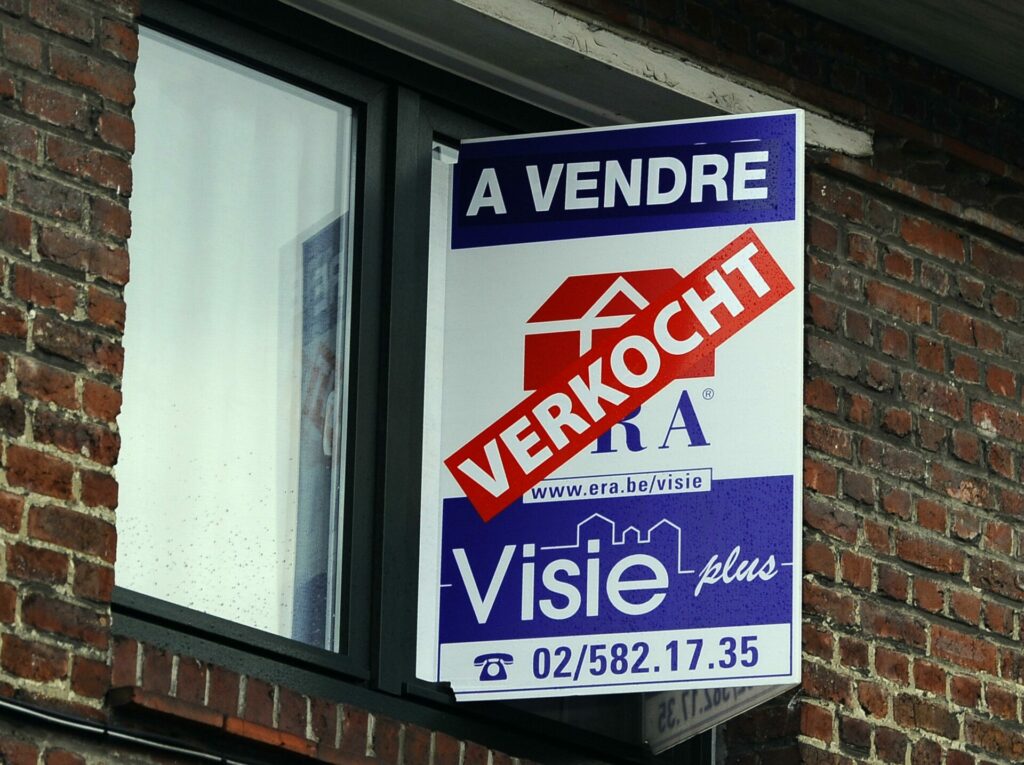New Belgian homeowners are spending a growing proportion of their income on mortgage payments, exacerbating citizens' financial pain at a time when soaring inflation and high energy costs are already causing devastating damage to the Belgian economy.
According to the most recent figures published by the Federation of Notaries (Federatie van Notarissen) and reported on by De Tijd, Flemish homeowners on median income currently spend 39% of their net salary on mortgage payments: the highest proportion in five years, and well above the 33% threshold considered "safe" by economists and major banks.
The study also found that the average cost of a house in Flanders rose €25,000 to €350,000 over the course of 2022, while the average interest rate on a fixed-rate 20-year mortgage with a 15% deposit more than doubled to 3.45%.
Apartments told a similar story. At the end of 2021, 26% of the net salary of a median income Flemish new apartment owner was spent on mortgage payments, whereas it is now around 30%. Further aggravating the financial strain, the average price of an apartment over the past year increased from €264,700 to €268,000.
According to De Tijd's own figures, it is not only Flemish homeowners who are suffering financially: in Belgium as a whole, median income new homeowners currently spend 37% of their salary on mortgage payments, while at the end of last year they spent closer to 30%.
The source of sorrow
The principal reason for the increasing unaffordability of mortgages across Belgium is central banks' decision to rapidly increase interest rates over the past several months in their efforts to curb the soaring inflation precipitated by Russia's invasion of Ukraine in February 2022.
In particular, last year the European Central Bank (ECB) increased its benchmark rate on four separate occasions, with its President, Christine Lagarde, claiming in November that "we still have a way to go" and that the ECB "will continue to raise interest rates" until inflation is under control.
Related News
- 'Tough year': IMF predicts half of EU to be in recession in 2023
- Belgian Government's borrowing costs reach decade-long high
As De Tijd points out, however, it is highly likely that any futher interest rate hikes will only place new Belgian homeowners under further financial strain; indeed, for mortage payments to drop below the "safe" threshold of 33% of a median income household's net salary, interest rates will almost certainly need to fall, not rise.
Given Lagarde's explicit commitment to further rate increases, however, is it is overwhelmingly probable that homeowners' financial pain will worsen considerably over the coming months.
According to De Tijd's own estimates, if mortgage rates rise to 5% and average house prices increase by 5% — both of which are highly plausible possibilities — prospective Belgian homeowners can expect to spend up to 41% of their net salary on mortgage payments by the end of this year.

